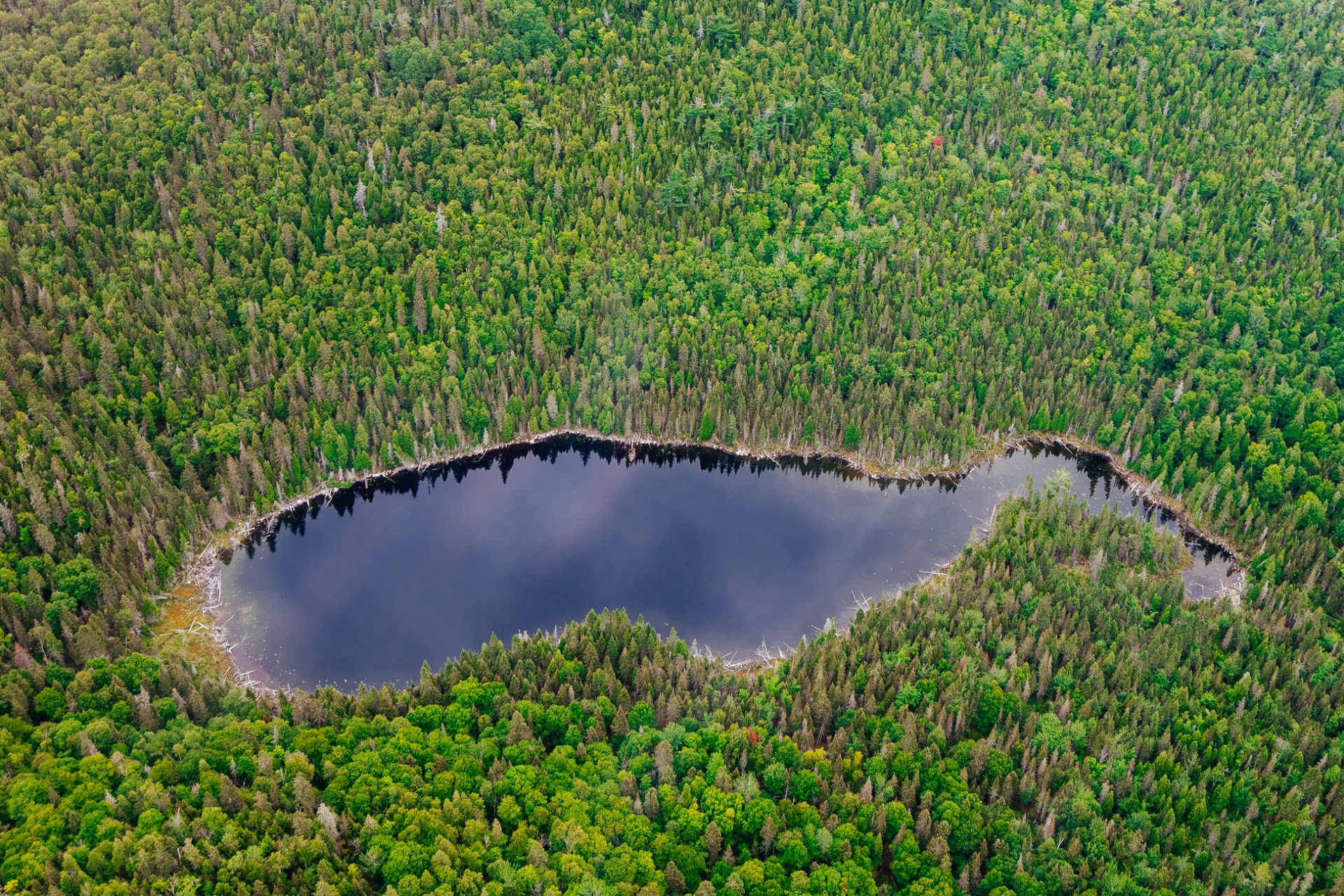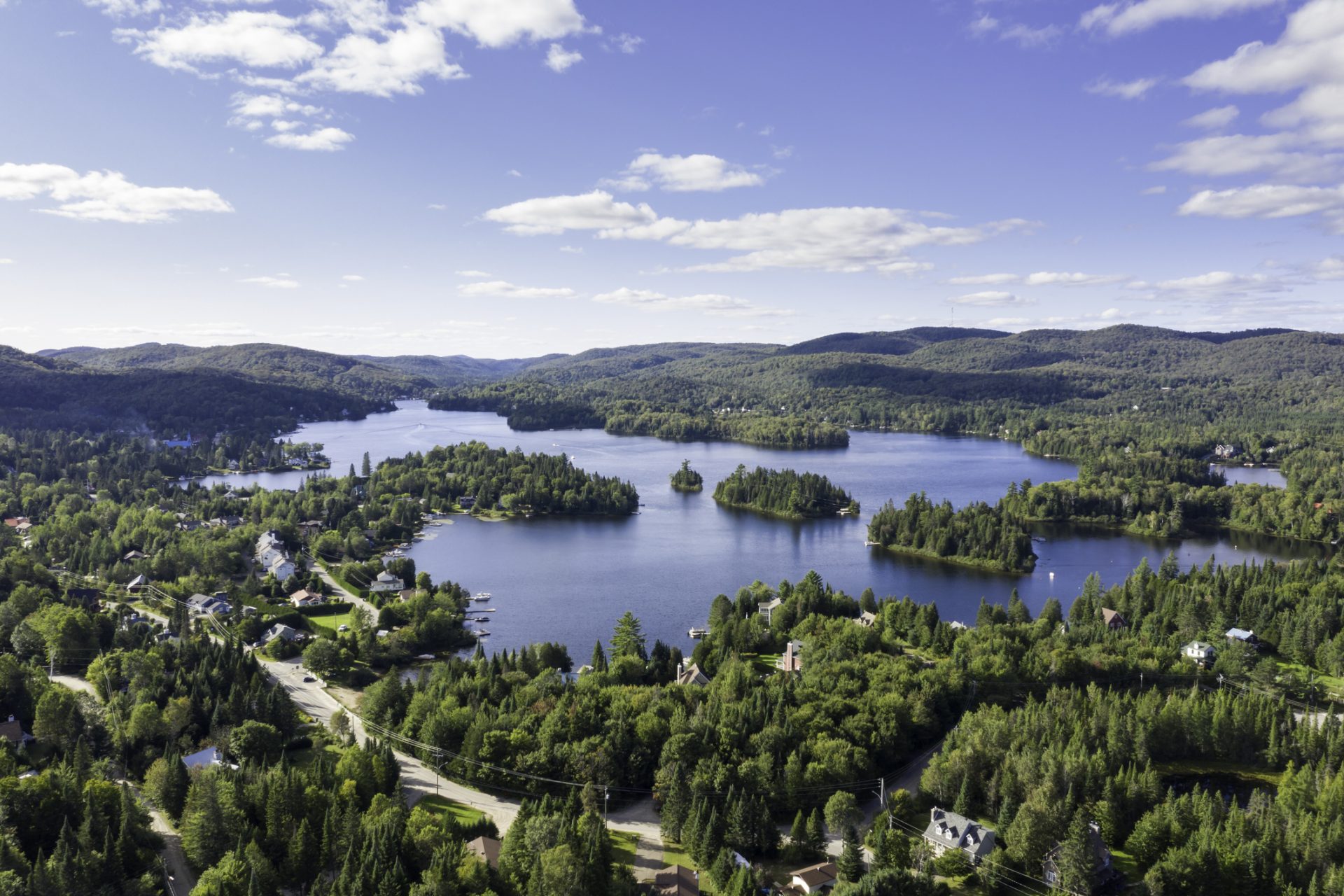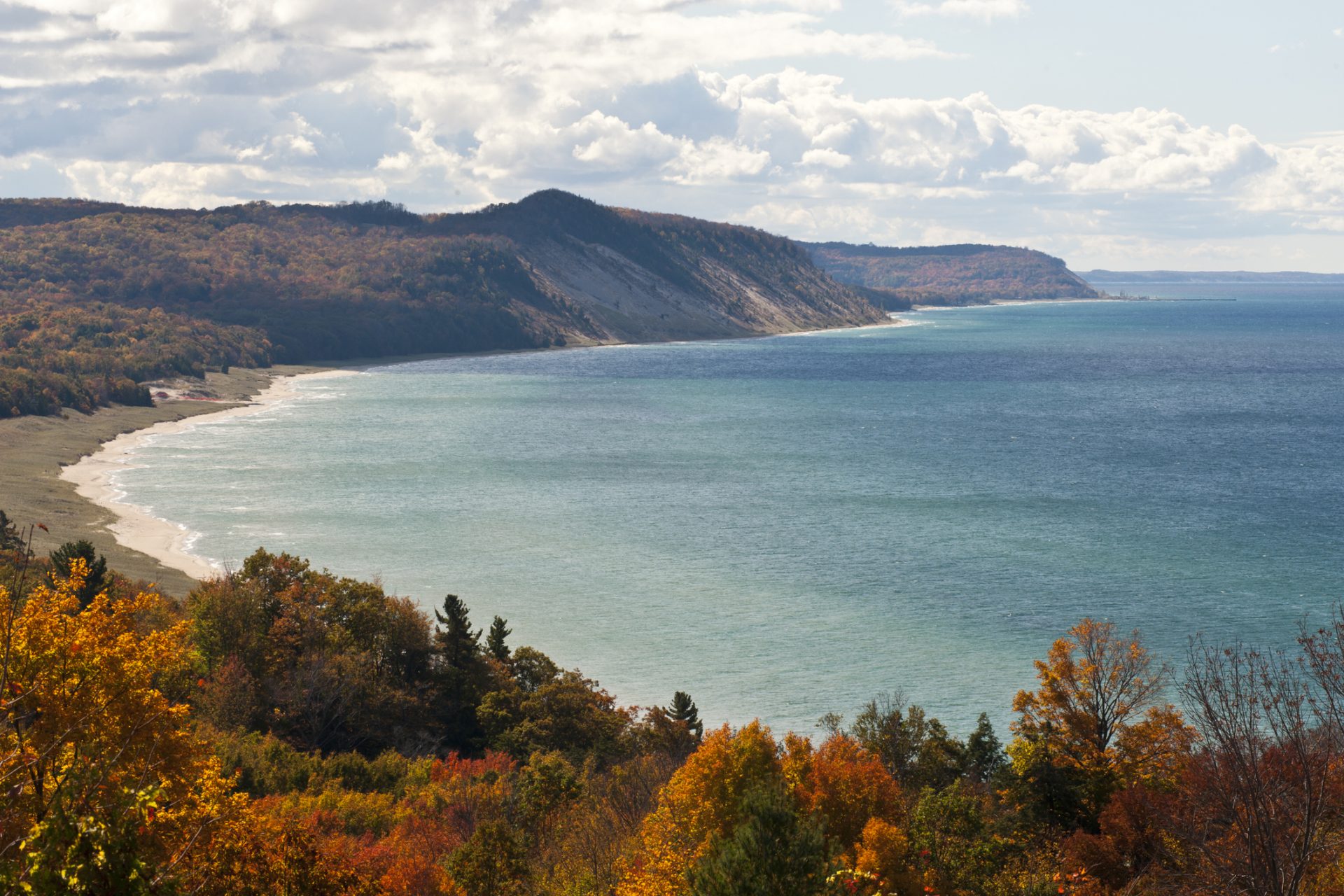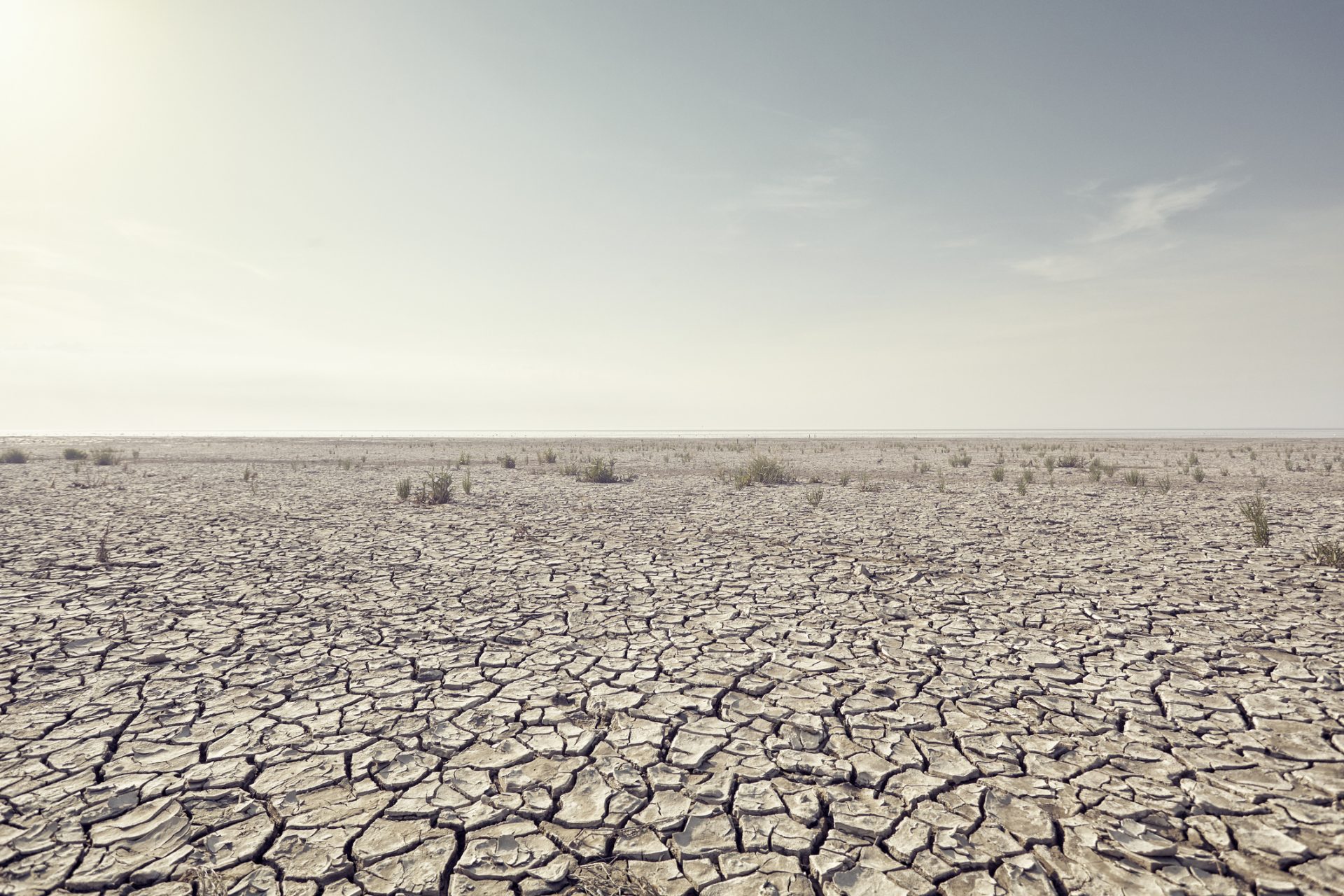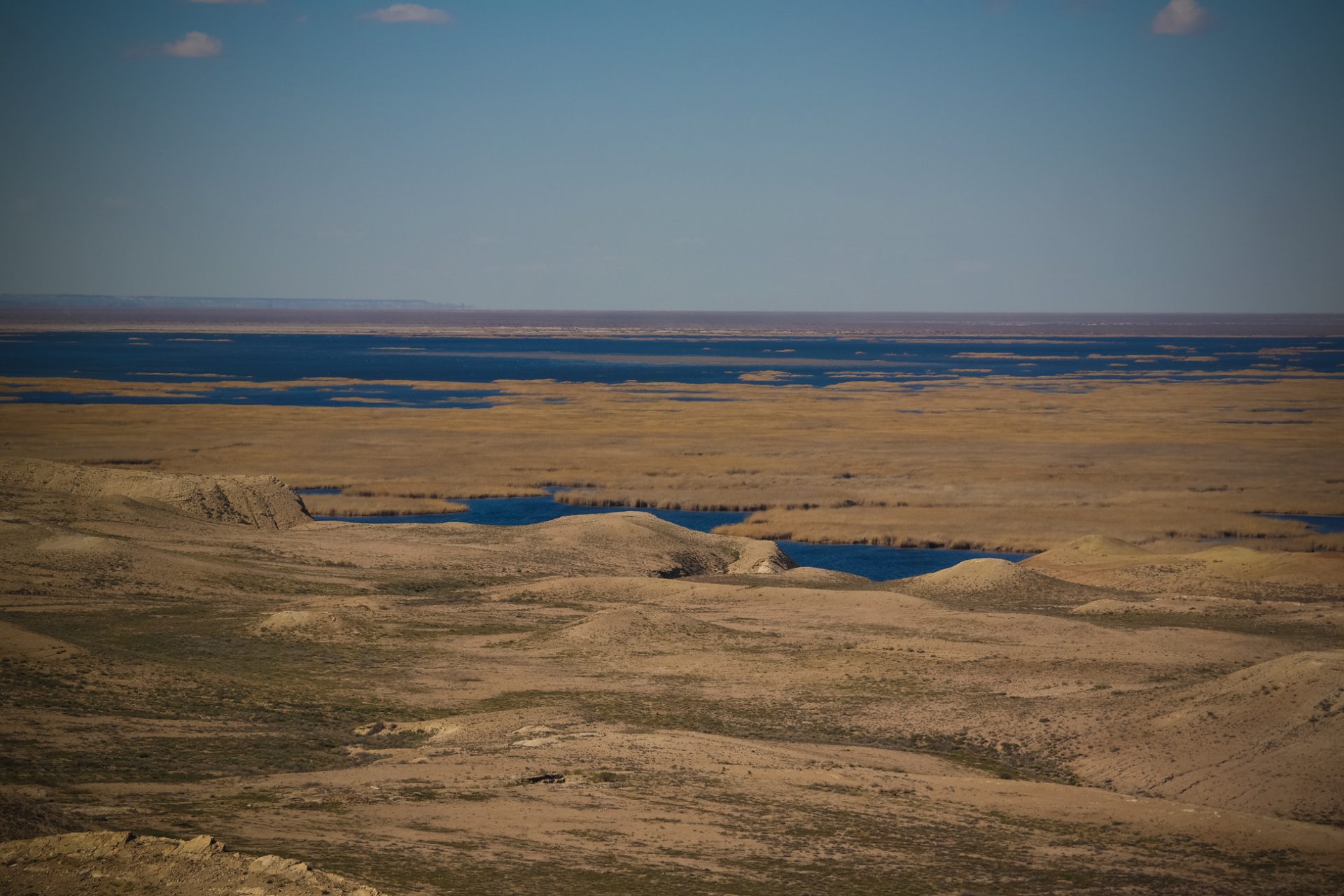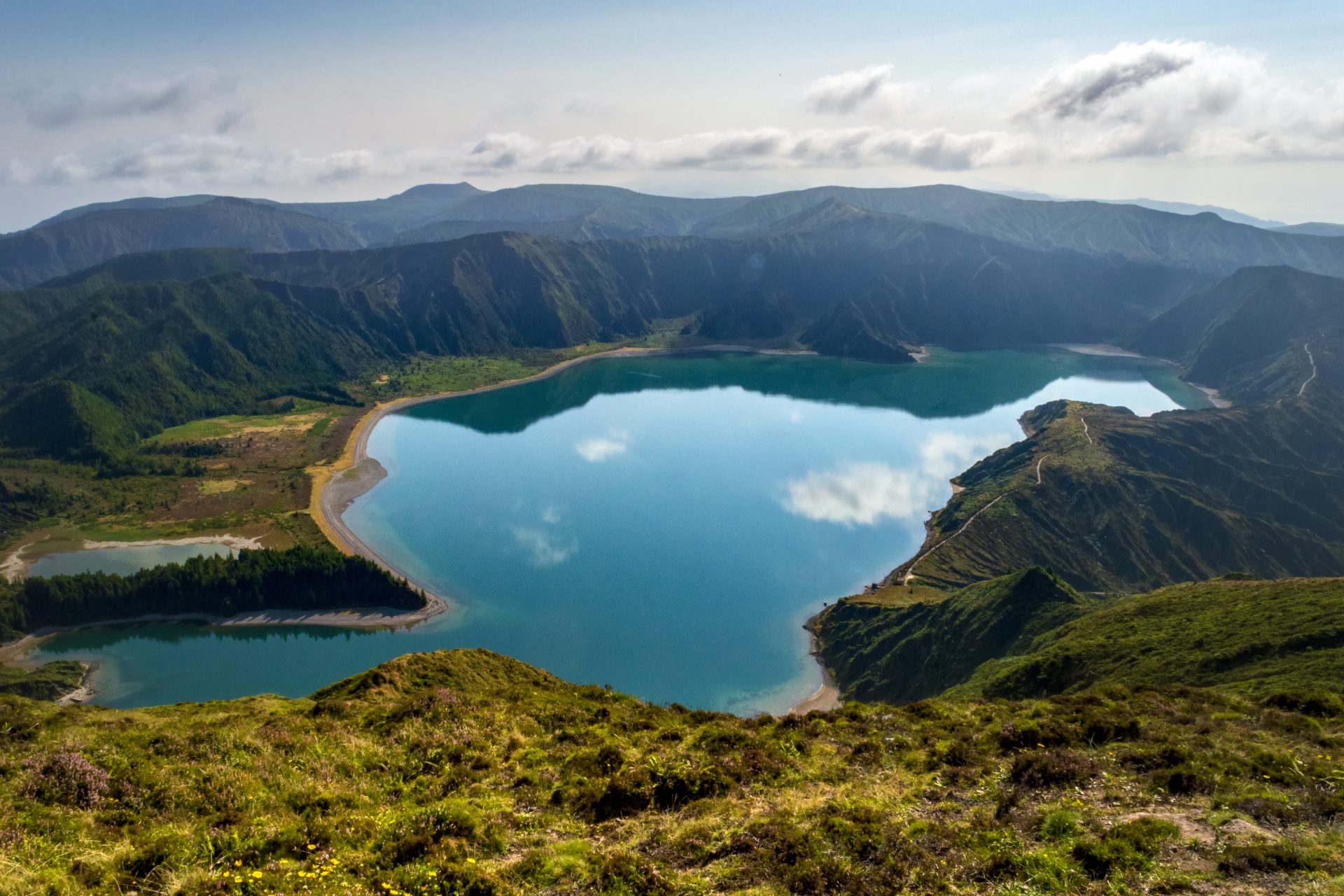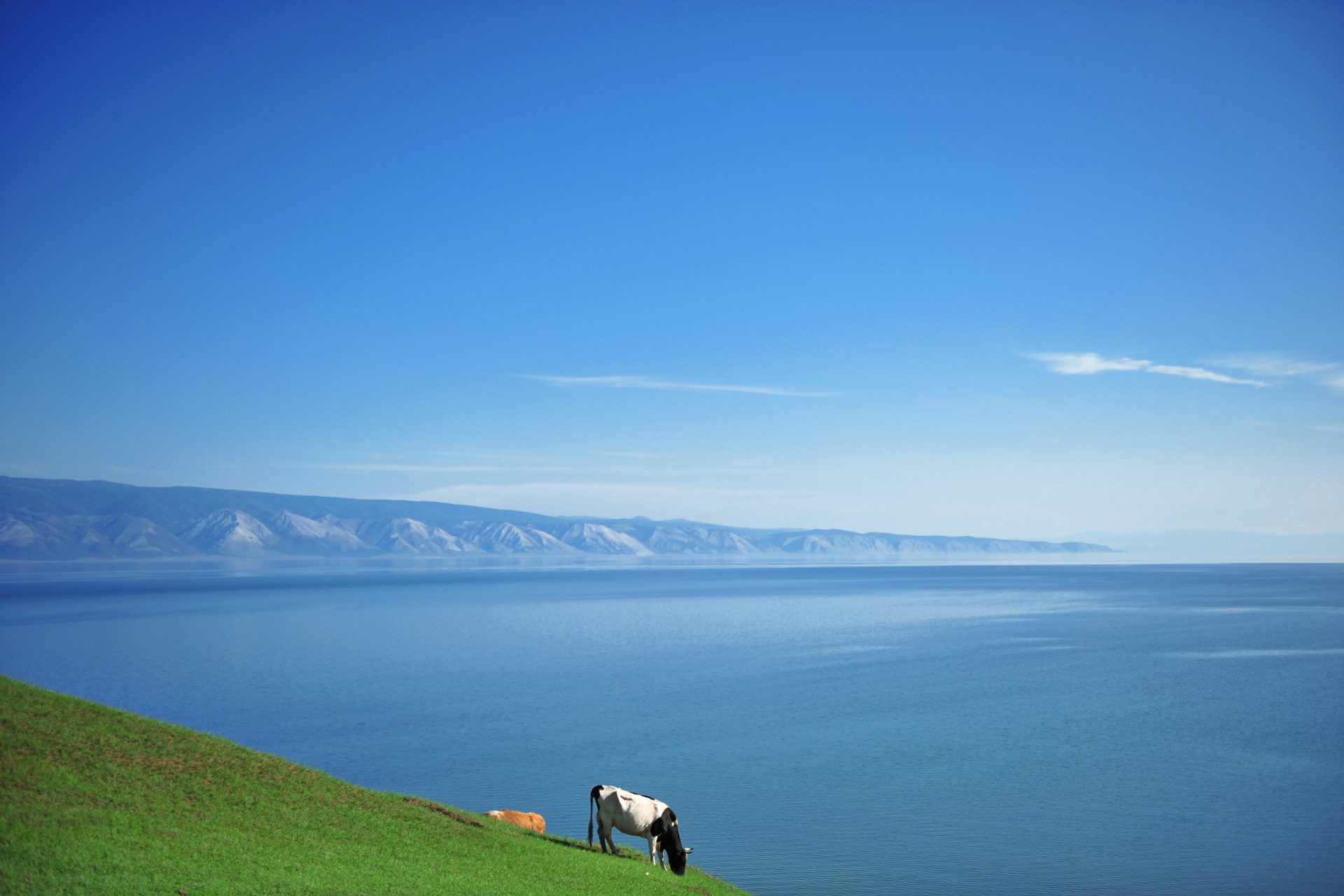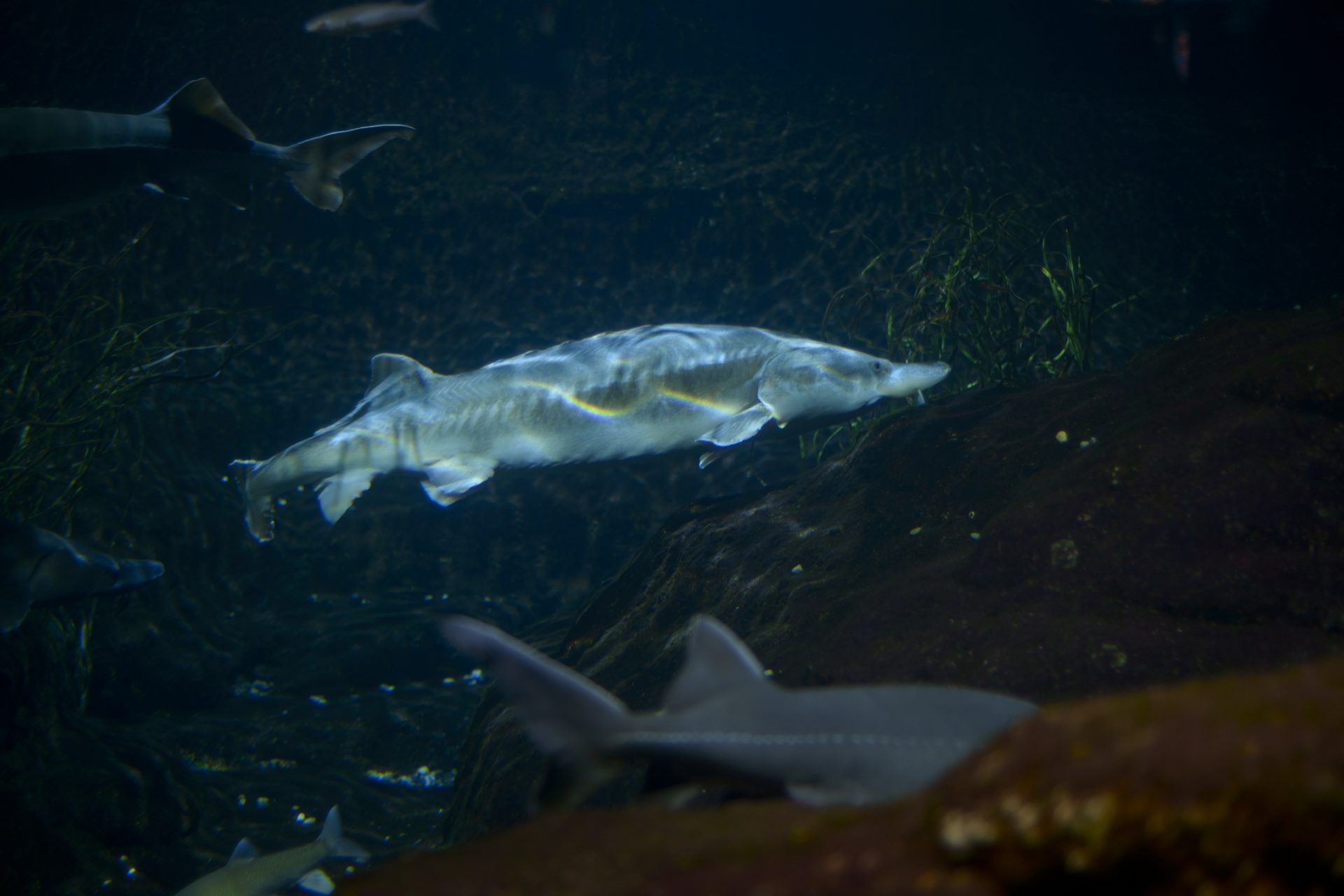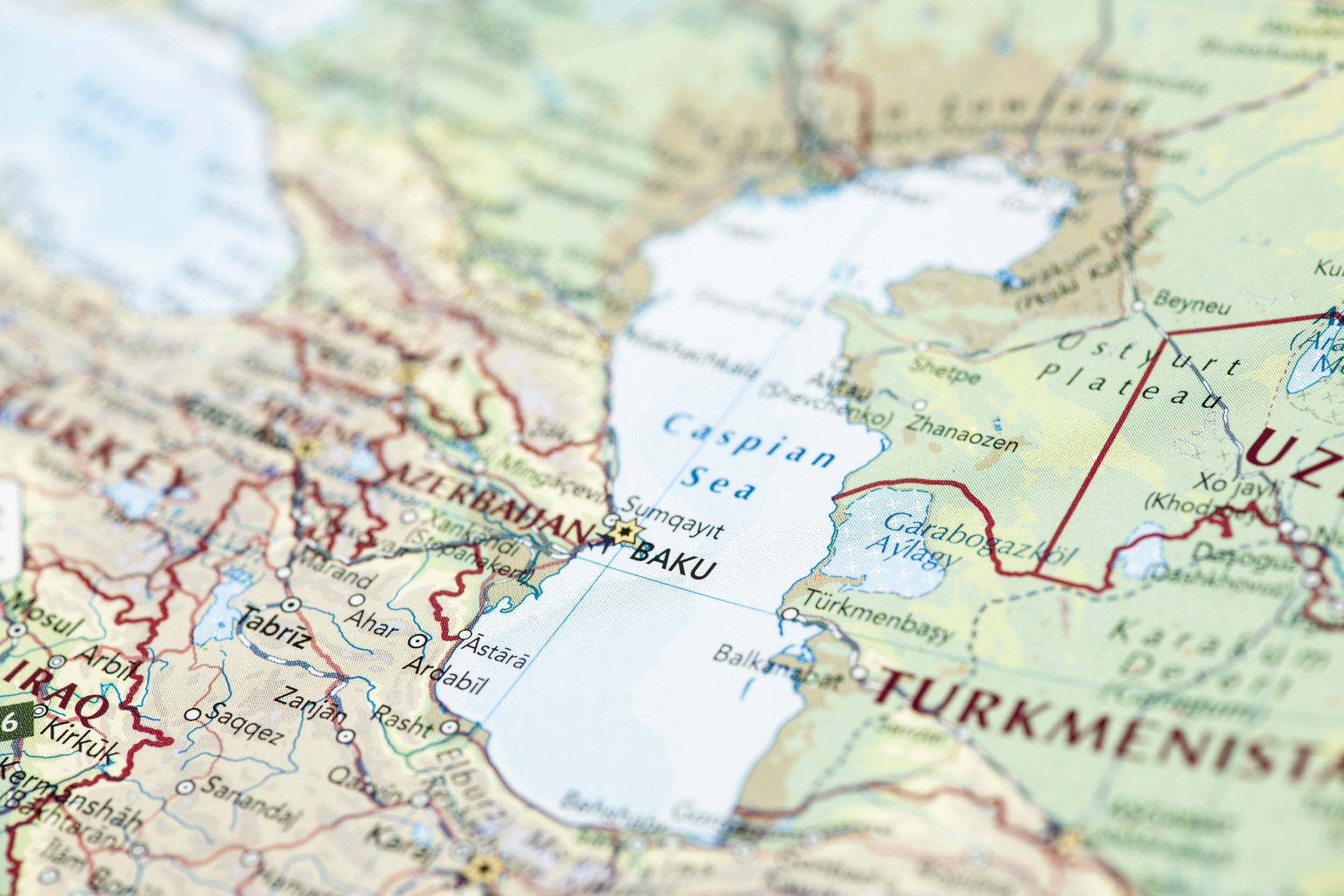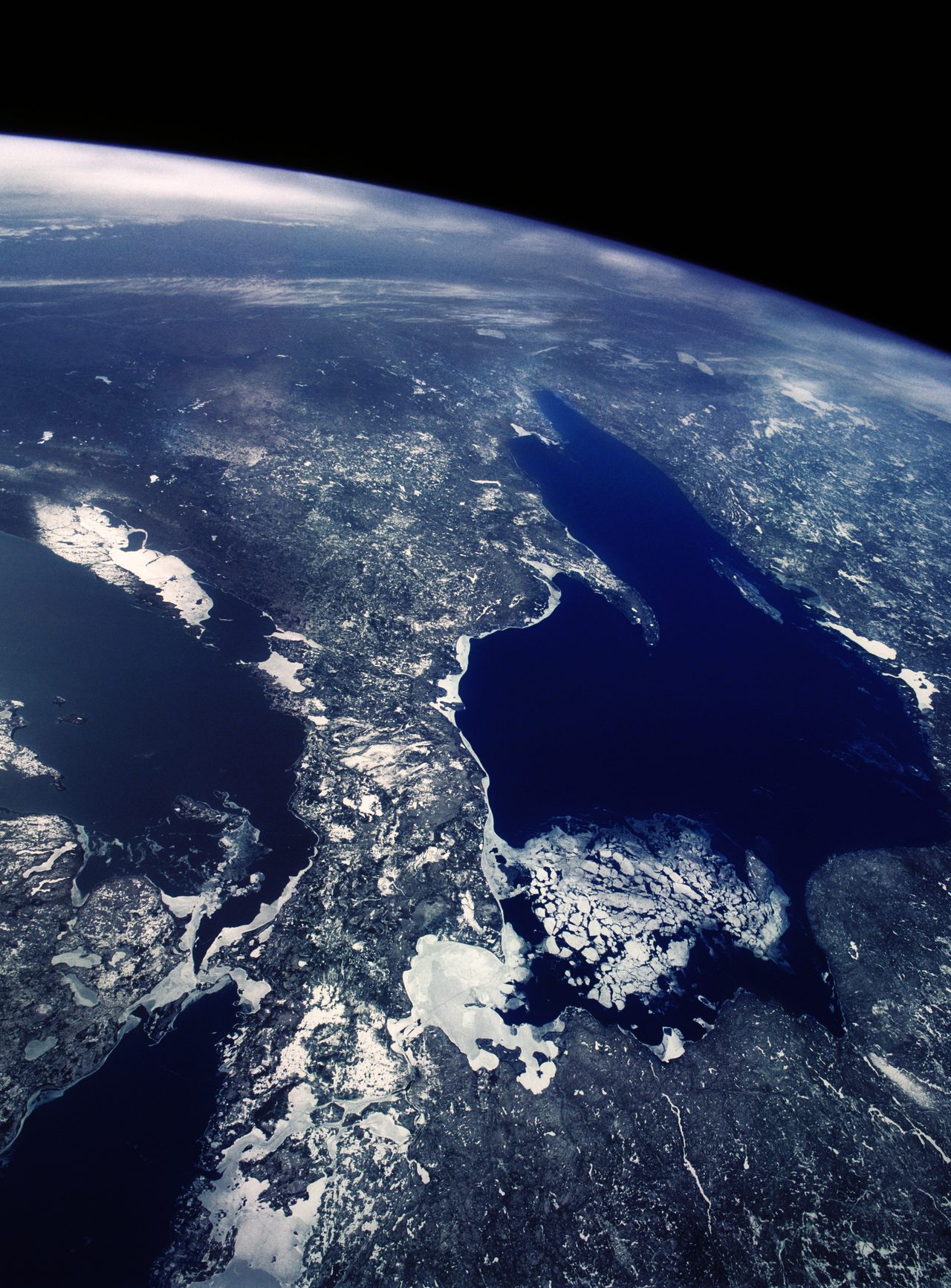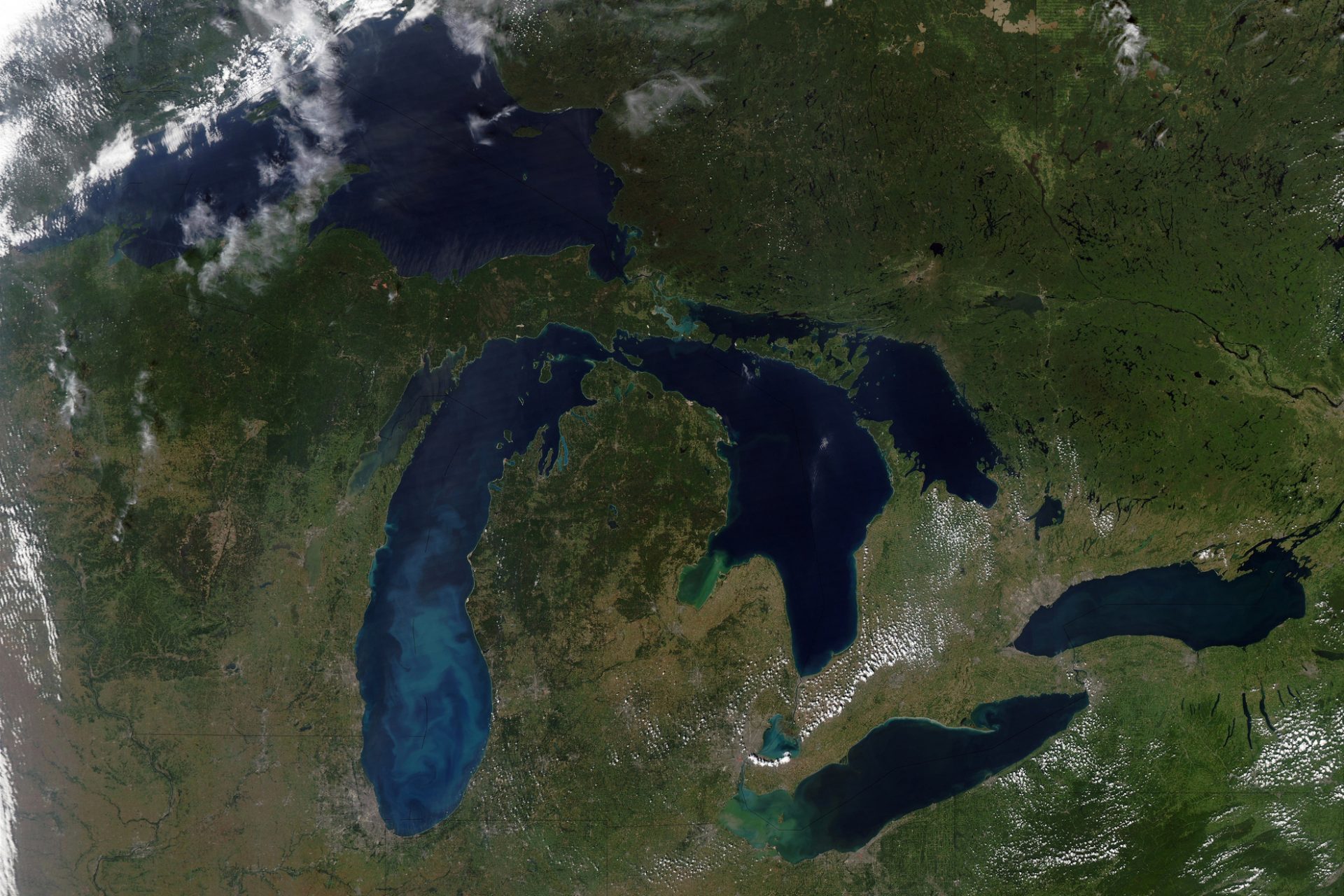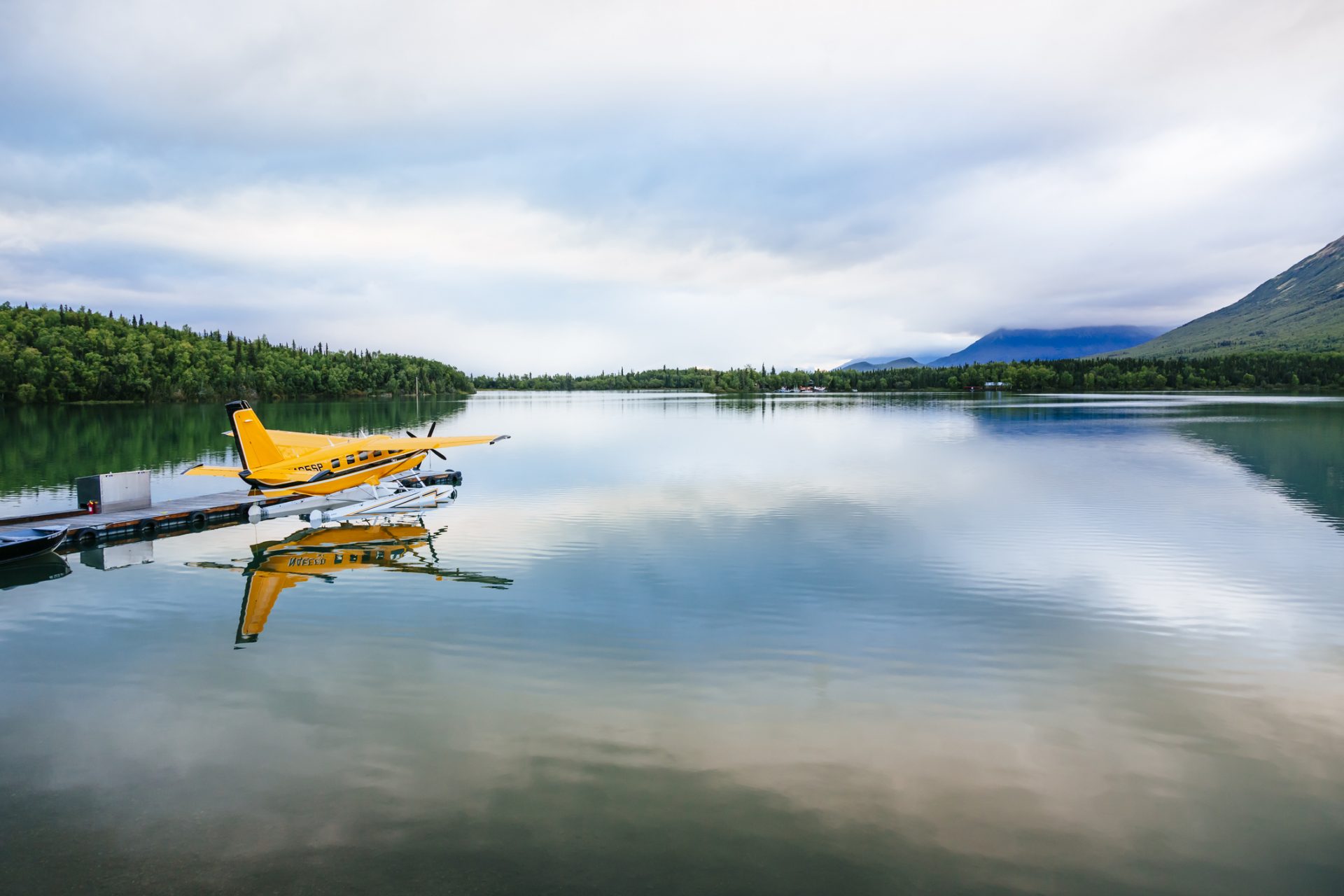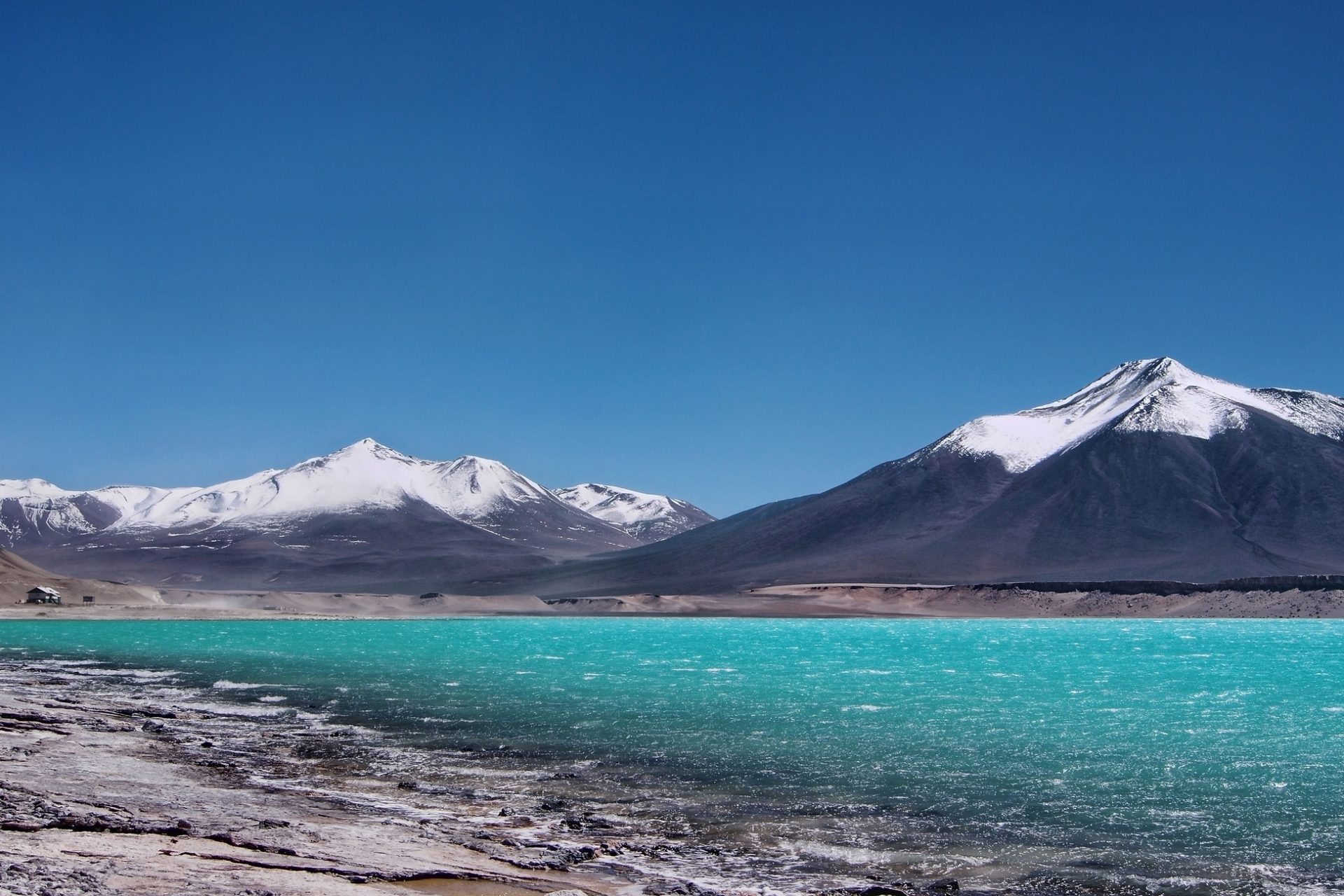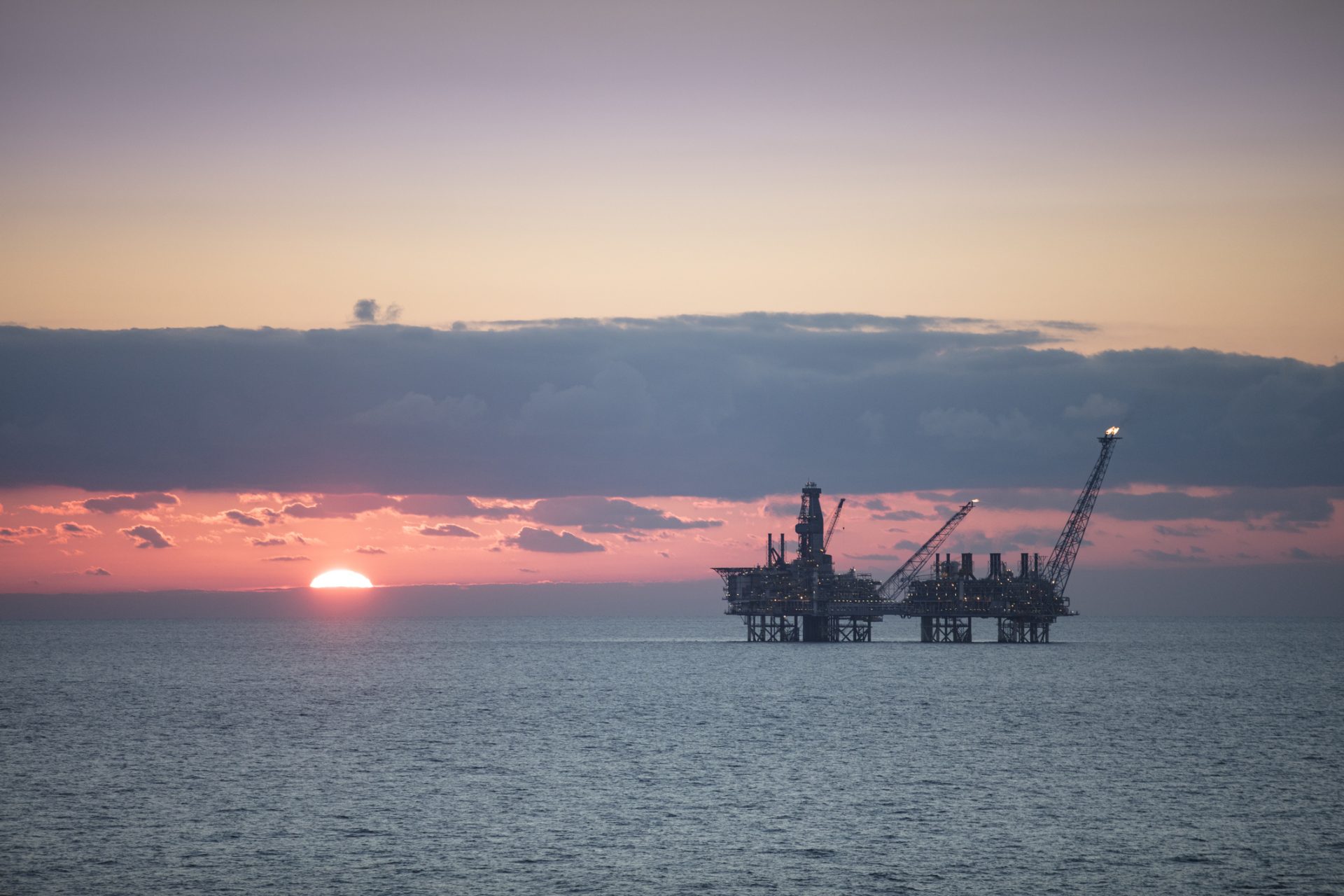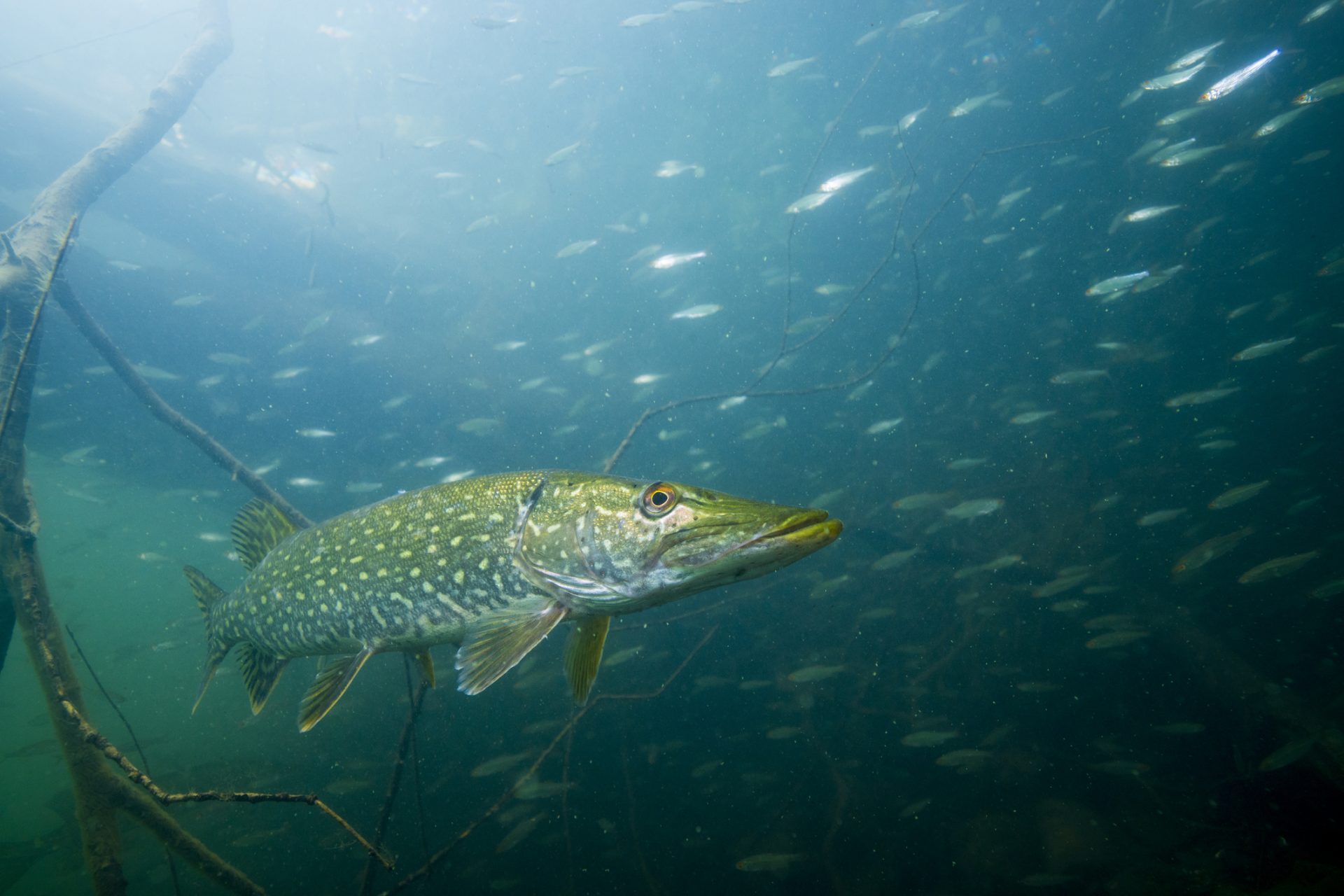You’ll never believe these fifteen weird facts about lakes
Earth’s oceans tend to hog the spotlight when it comes to discussions about cool bodies of water on our planet but lakes are oftentimes far more interesting. Whether you prefer your lakes salty or fresh, you can’t deny these 15 crazy facts that make lakes awesome.
You might be surprised to learn that there are more than a few thousand lakes covering the planet. Earth is home to roughly 117 million lakes and that number doesn’t include what’s hiding beneath the ice in Antarctica or Greenland according to Live Science.
When all of Earth’s lakes are added up they account for a fairly impressive amount of our world’s surface, equalling 3.7 percent of the planet’s total land mass. Even more remarkable is the fact 90 million of these lakes are smaller than two football fields.
All of our planet’s lakes have created quite a bit of waterside real estate and again, you might be surprised to learn, that all the shorelines measure 250 times the length of the Earth’s equator. The equator is 7,926 miles so our planet’s total shoreline is 1,981,500 miles.
Lakes live their own kind of life and it changes as the climate and environment around them change. This means lakes can die just like humans. National Geographic pointed out that lakes naturally age and die, and of course, humans have sped up the process.
The Aral Sea is probably the best-known example of a lake that's died and disappeared. Located between Kazakhstan and Uzbekistan, this giant lake slowly began vanishing after its water was diverted for rice according to Smithsonian Magazine, and now it's pretty much gone forever.
Live Science says most of the world’s lakes are located in just a couple of countries and in the northern hemisphere. These include Canada, Russia, the United States (Alaska mostly), Sweden, and Finland. But tropical countries are also rife with lakes. They're just fewer in number.
Russia is home to Earth's deepest lake according to National Geographic. Lake Baikal is a little less than 2 kilometers deep or more than a mile! Imagine the secrets hidden in the depths of this astonishing body of water.
Well, you won’t have to imagine what’s hiding in Lake Baikal since researchers have already done the dirty work according to the Geophysical Institute. They found 1000 species of plants and animals that occur nowhere else on Earth, including a giant flatworm that eats fish.
Even though the Caspian Sea brands itself as a “sea,” this gigantic body of water is the world’s largest lake according to Visual Capitalist. It has a surface area of 143,000 square miles or 371,000 square kilometers and was formed 11 million years ago.
Lake Superior might not be as big as the Caspian Sea but it's important because of the amount of freshwater it holds. About 10% of the world's freshwater is contained in Lake Superior according to Hobo Data Loggers.
When lakes Michigan, Huron, Erie, and Ontario are added to Lake Superior's freshwater count, the five lakes together make up a whopping 21% of all of our planet's freshwater.
Most lakes, about 85 percent of them, lay less than 1600 feet or 500 meters above sea level according to Live Science: “First, mountainous terrain restricts lake size. Second, the countries with the most lakes were scraped flat by glaciers during the last ice age.”
If most lakes like to sit at a certain point above sea level then the crater lake at the top of Ojos del Salado is a complete oddity. This lake sits at an elevation of 22,615 feet or 6893 meters and is the highest lake in the world according to its Wikipedia page.
National Geographic explained that lakes can either be opened or closed. Lakes are considered open when the water leaves the lake via a river or other outlet and lakes are considered closed when water only leaves the lake via evaporation. Kinda neat huh?
Limnologists are the people who study lakes and they classify them into 3 categories according to National Geographic—first by the nutrients in them, second by their mix of water, and third by the types of fish they have swimming around in them.
More for you
Top Stories




